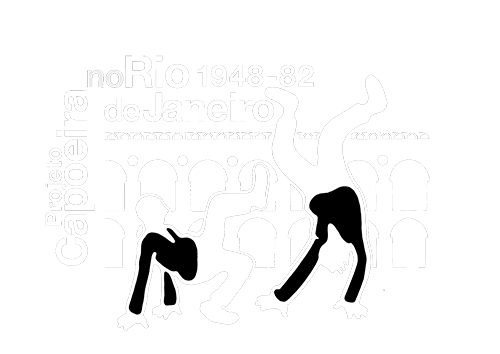Angolan Roots. Welcome!
The Angolan roots of capoeira:
Transatlantic Links of a Globalised Performing Art

Angolans were prominent among the enslaved Africans who played the game on the streets and squares of Rio de Janeiro, Salvador and other Brazilian port cities at the beginning of the nineteenth century.
